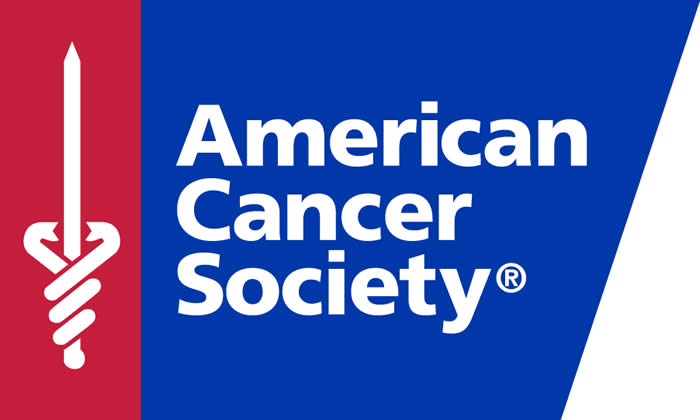The Pink Of Breast Cancer Gives Way to the Reality of Lung Cancer
By Dr. Len
Now that we are saying goodbye to the pink of October as we move onward from breast cancer awareness month, let us welcome the month of November, when we will shift our attention to lung cancer.
An article I read this past week posted on "Fair Warning" highlighted these issues, using breast cancer and lung canceras a frame of reference. It carefully and in my personal opinion very professionally looked at the differences. Not casting blame, not failing to report both sides of the story, the author concisely pointed out how the way we relate to these two cancers is so fundamentally different.
In October we are awash in pink. Sometimes it seems the whole world is "pinked." Breast cancer is a passionate and compassionate topic, one that touches so many aspects of our sensitivities and sensibilities. It is a disease which frightens many women. It is a disease worthy of our efforts to find a preventive strategy that is acceptable and a treatment that will provide a cure. It is a disease which in our minds is almost always curable, if only we find it early. And-please keep this in mind-it is a disease where the perception is common that women (and the rare man) didn't do something specific to cause in the first place, other than occasionally to have the unfortunate fate of having been born to parents who carried a genetic trait that increased their risk.
Although lung cancer is a disease that merits our concern and our focused and committed efforts to reduce its incidence and impact on our lives, our families and our society, the reality is that how we talk and act about lung cancer is eons away from how we approach the topic of breast cancer. After all, lung cancer is in the minds of many a disease that people bring on themselves. If only they didn't give in to tobacco. If only they had stopped when they knew the real risks. If only, if only, if only...
Lung cancer is almost always a fatal disease. It is a disease that frequently strikes in the later years of life, when other diseases are also prevalent, and those other diseases (think heart disease, diabetes, and lung disease) can substantially impact the ability to treat lung cancer. It is a disease where screening has proven to be successful, but we forget that the vast majority of people screened for lung cancer still died and a significant number of folks who were screened but didn't have lung cancer died from the investigations needed to prove they didn't have lung cancer in the first place.
Breast cancer touches almost everyone, and the survivors (fortunately) are legion. They carry the flag to promote early detection, research into treatment, political attention to issues of interest (think mammography and more recently breast density), and fundraising for the cause.
Lung cancer is, in comparison, much more hidden, even perhaps shunned and shamed, since it is perceived as a disease of blame. There is no army of survivors. Much less is spent on lung cancer research compared to breast cancer. Lung cancer does not get a lot of political attention unless we are talking about laws to decrease smoking (which are not bad in and of themselves). But when you think about it, many of those laws are backed not by the smokers-who still want the right to expose themselves to second hand smoke in the last refuges available, such as bars frequented only by adults-but rather by the legions of people who understandably will no longer tolerate the true evils of second hand smoke where they work, where they play and even where they live (smoking in communal buildings such as apartments and condominiums is becoming a hot topic).
Read more here.

